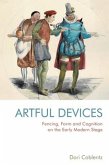
29,99 €
Versandfertig in über 4 Wochen
Broschiertes Buch
Artful Devices
17. Juli 2023
Edinburgh University Press
| Gebundenes Buch | 107,99 € | |
| eBook, ePUB | 21,95 € | |
| eBook, PDF | 21,95 € |
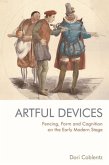
Gebundenes Buch
Artful Devices
2. Dezember 2021
Edinburgh University Press
21,95 €
Sofort per Download lieferbar
eBook, ePUB
31. Dezember 2021
Edinburgh University Press
21,95 €
Sofort per Download lieferbar
eBook, PDF
31. Dezember 2021
Edinburgh University Press
Broschiertes Buch
A Modern Manual for Teachers and Students of Historical Fencing
2nd edition
1. Januar 2025
Ähnliche Artikel
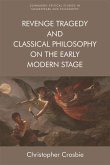
Broschiertes Buch
25. August 2020
Edinburgh University Press
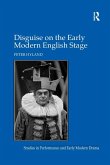
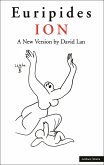
25,99 €
Versandfertig in über 4 Wochen
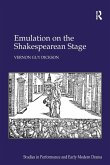
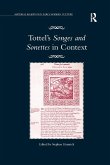
Broschiertes Buch
12. Dezember 2019
Taylor & Francis Ltd (Sales)
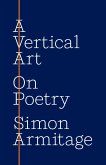
20,99 €
Versandfertig in über 4 Wochen
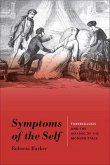
Broschiertes Buch
4. Januar 2023
University of Iowa Press
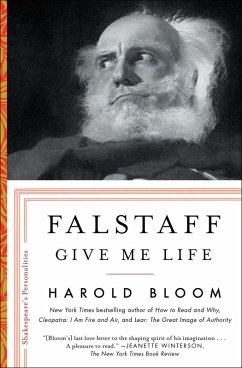
15,99 €
Versandfertig in über 4 Wochen
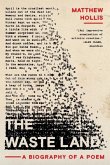
18,99 €
Versandfertig in über 4 Wochen
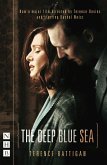
22,99 €
Versandfertig in über 4 Wochen
Ähnlichkeitssuche: Fact®Finder von OMIKRON
